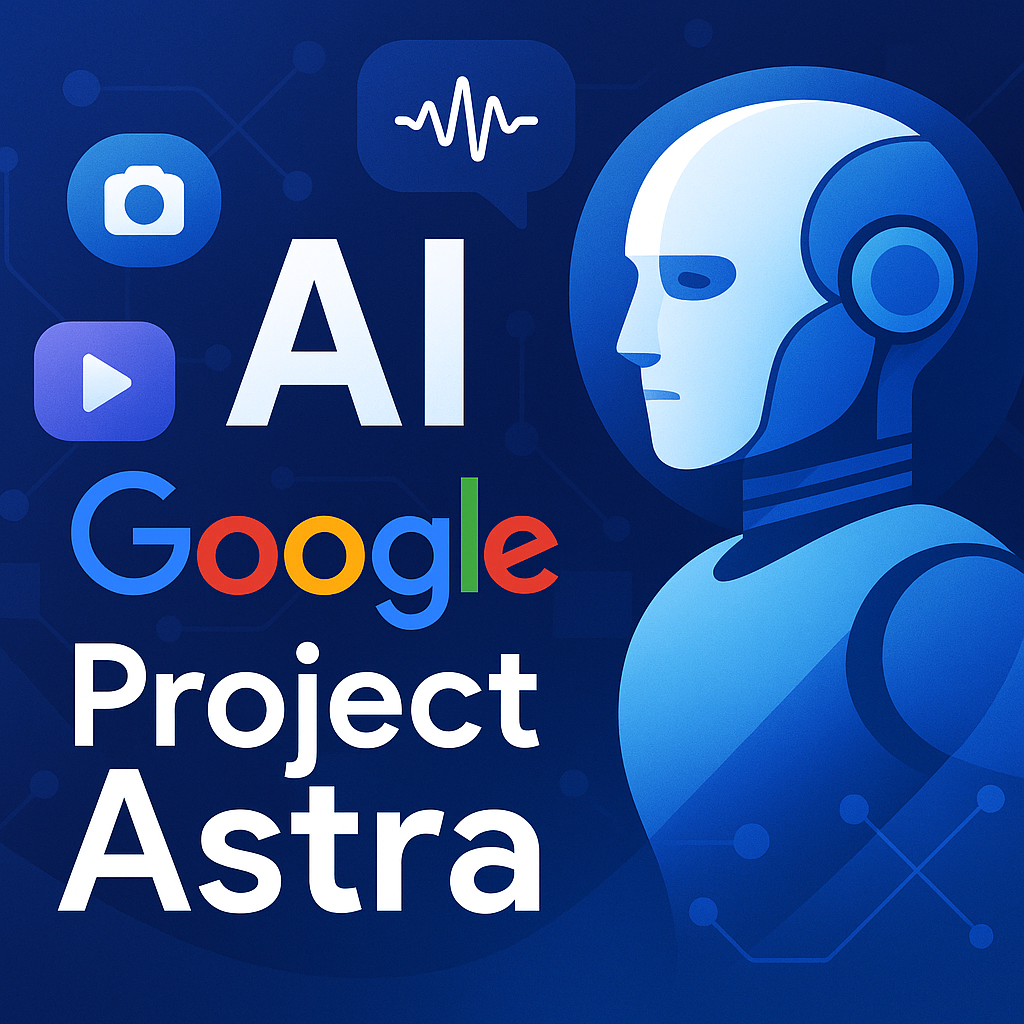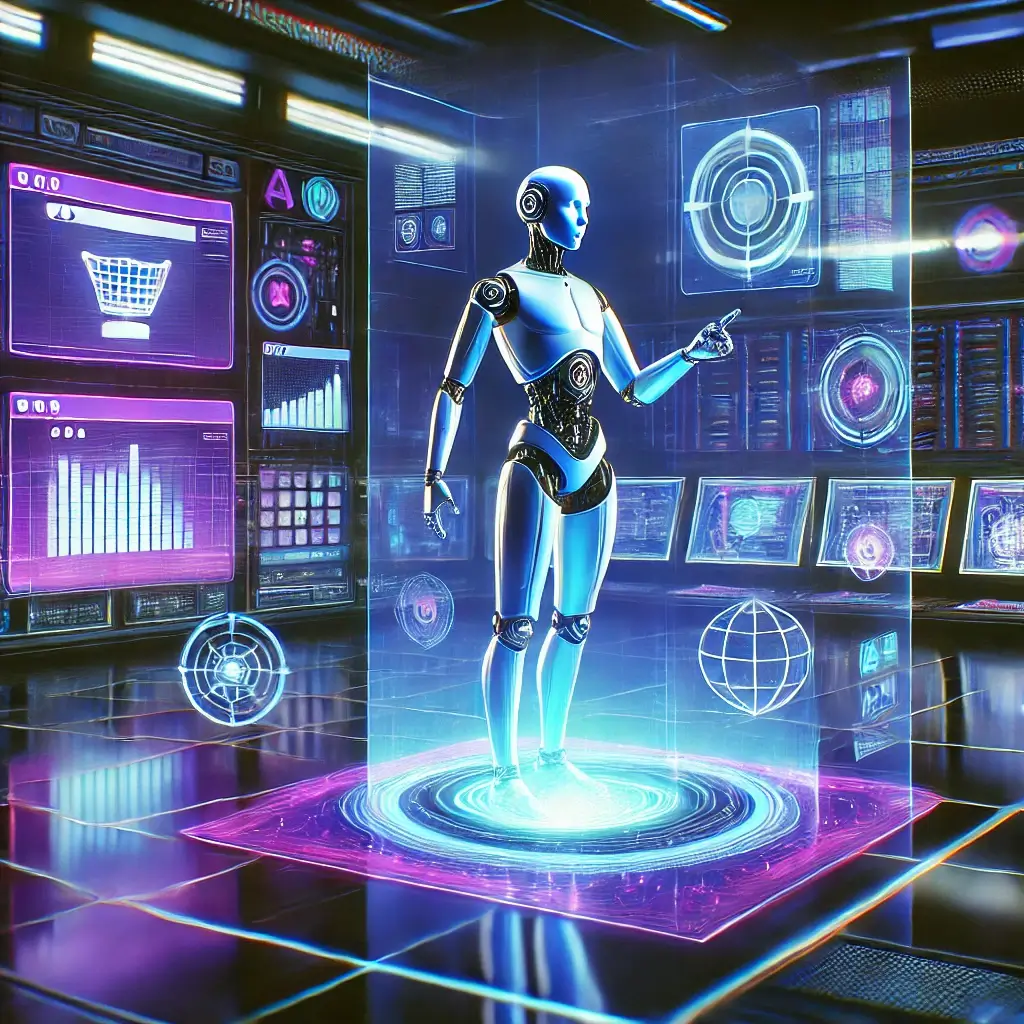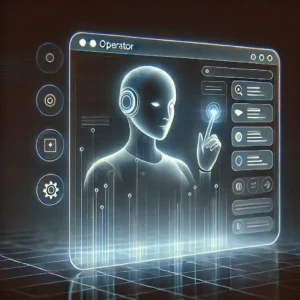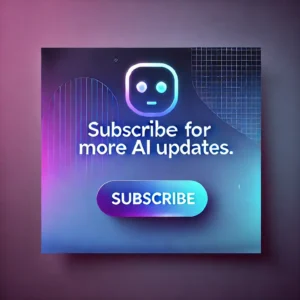Introduction
In a major announcement shaking up the AI world, Google DeepMind unveiled Project Astra—its next-generation AI agent that promises to redefine how we interact with artificial intelligence. Revealed at Google I/O 2025, Astra is being hailed as Google’s boldest move yet to compete with OpenAI’s ChatGPT and Anthropic’s Claude. Let’s dive into what makes Project Astra so game-changing—and why it matters to marketers, businesses, and tech lovers.
What is Project Astra?
Project Astra is Google’s vision for a universal AI assistant—designed to process live video, audio, and user context in real time. Unlike previous models, Astra can understand visual scenes, respond to voice commands instantly, and even predict user needs without constant prompts.
Think of it as a hybrid between a smart camera, a voice assistant, and a personal strategist—all powered by Google’s most advanced Gemini AI models.
Key Features That Stand Out
✅ Multimodal Intelligence – Understands images, text, and audio simultaneously.
✅ Context Awareness – Remembers what it “sees” and “hears” to offer smarter, proactive suggestions.
✅ Speed and Responsiveness – Near-instant reactions, making interactions feel natural, almost human.
✅ Personalized Memory – Adapts to users over time for hyper-customized experiences.
✅ Enterprise Readiness – Early demos show Astra can integrate into business workflows for real-time customer support, data analysis, and marketing optimization.
Why It Matters (Especially for Marketers and Entrepreneurs)
-
Smarter Customer Interactions: Real-time, hyper-personalized conversations based on visual and contextual cues.
-
Advanced Data Insights: Astra can analyze user behavior beyond text—watching video interactions and responding in kind.
-
New Creative Horizons: Imagine AI that can not only write content but design, record, and advise based on live environments.
-
Competitive Edge: Early adopters could massively outpace competitors by building Astra-powered customer journeys.
How It Compares
| Feature | Project Astra (Google) | ChatGPT (OpenAI) | Claude 3 (Anthropic) |
|---|---|---|---|
| Visual Understanding | ✅ Full Video Analysis | 🚫 Limited Image Input | 🚫 Limited Image Input |
| Instant Voice Response | ✅ Yes | 🚫 Delayed Audio Tools | 🚫 Text-only |
| Predictive Personalization | ✅ Deep Contextual Awareness | 🔄 Some Memory | 🔄 Basic Memory |
What’s Next?
Google plans to release Astra to select Pixel devices later this year, with broader integration into Android, Chrome, and Google Workspace products by early 2026.
If you’re a business owner, marketer, or tech strategist—now is the time to plan how you can leverage the next-gen AI landscape.







